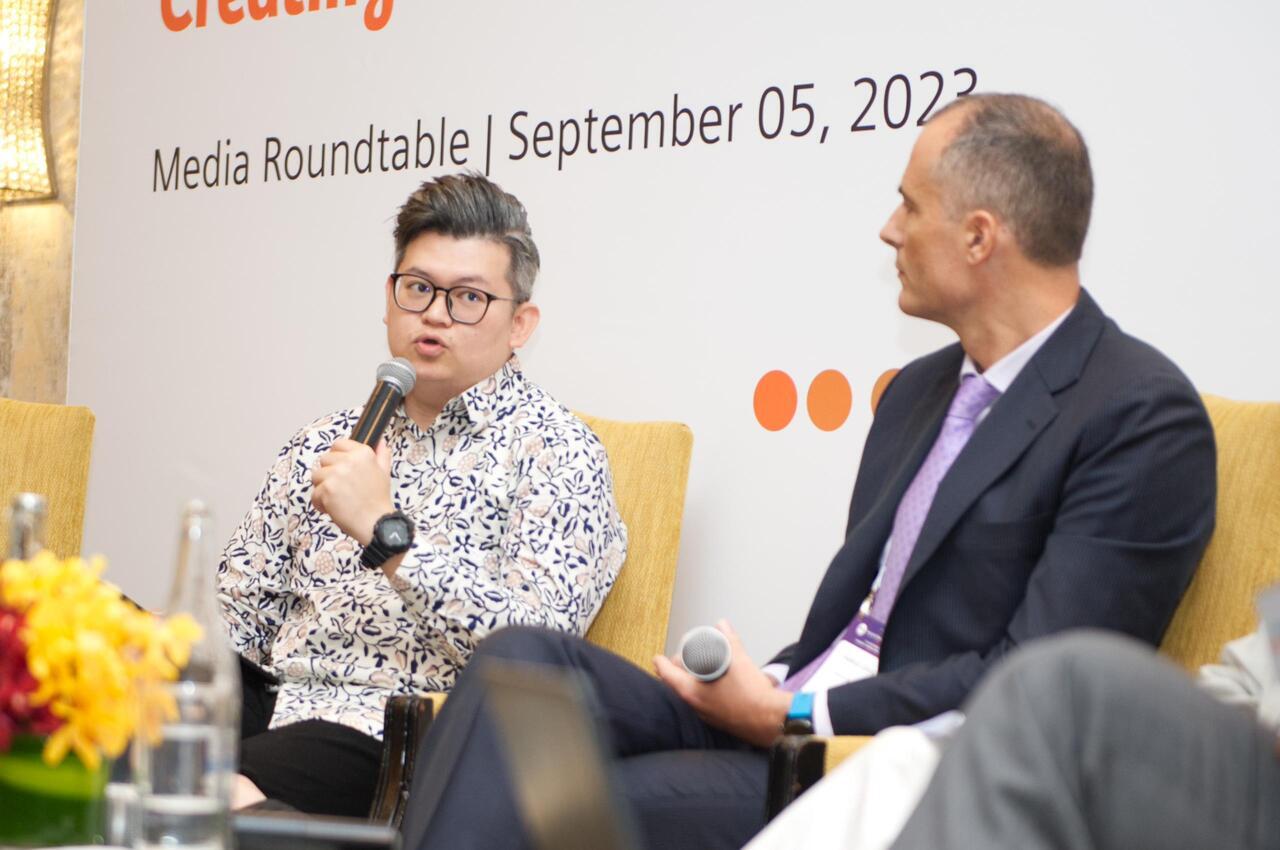KUALA LUMPUR, Sept 15 – The Ministry of Health (MOH) is in negotiations to decant patients from public to private hospitals for diagnostics and imaging, the health minister’s special advisor revealed.
Dr Kelvin Yii, advisor to Health Minister Dr Zaliha Mustafa, said price negotiations have proven to be more complex in the post-pandemic era, as the government aims to strengthen private-public partnerships to reduce backlogs in public health care facilities.
“In an ideal situation, we want to be able to collaborate more. We want to decant some of our patients to the private sector like what happened during the Covid-19 pandemic.
“During that time, there was a necessity and an incentive for the private sector to participate due to the pandemic. That is where an agreement, in terms of pricing, was agreed upon.
“Post-pandemic, unfortunately, the negotiations are still continuing. We are exploring models to see how we can decant certain patients to the private sector – not for treatment, but more on diagnostics and imaging because this is where the long queue is in the public sector here in Malaysia.
“The difficult thing is finding that win-win situation. We have to admit that the cost of health care is increasing,” Dr Yii said at Siemens Healthineers’ “Creating a World Without Fear of Cancer” panel discussion here last September 5.
During the Covid-19 pandemic, more than 2,300 surgeries and procedures for patients decanted from public to private hospitals were carried out as of August 2021 since the decanting exercise began, according to then-MOH secretary-general Mohd Shafiq Abdullah. These included procedures in cardiology, obstetrics and gynaecology, neurosurgery, and general surgery.
Association of Private Hospitals Malaysia (APHM) president Dr Kuljit Singh previously described the reimbursement structure for decanted non-Covid patients from the public to private sector during the pandemic as a “fruitful” way to promote public-private partnerships.
This approach differs from requiring private health care providers to deliver services at minimal costs to patients, as is the case with public hospitals’ funding model. Health care services provided at public hospitals are heavily subsidised by up to 98 per cent.
Back in 2019, cancer survivor Navi Indran Pillai told a parliamentary briefing on cancer for MPs that getting a cancer diagnosis in public hospitals takes three to six months, compared to three to six days in private hospitals.
Although Dr Yii appeared to imply that the public sector backlog is primarily in diagnostics, it is not clear if government hospitals do have the capacity to take in an additional load of patients coming into the public system for treatment, after significantly faster diagnosis in the private sector.
CodeBlue previously reported a significant shortage of doctors in several MOH hospitals, resulting from the medical officer relocation exercise at the end of July.
Not only has Melaka Hospital suspended its iFOBT (immunochemical faecal occult blood test) colorectal cancer screening service, the general hospital is also reducing elective procedures due to insufficient anaesthetists to run operating theatres, clinics, and intensive care units (ICUs) across all surgical disciplines.
This reduction in elective procedures is expected to cause delays for patients, including those with breast and colon cancer, who can only undergo surgery if an emergency slot becomes available.
Dr Yii also said the MOH is looking at optimising spending, pool procurement, and acquiring cheaper generic drugs, without compromising the quality of medication and treatment.
“So, by optimising our services, freeing up of resources, establishing partnerships with different bodies, and securing more financing, we can look at decanting patients, expanding public health imaging and diagnostic screenings to the private sector,” said the Bandar Kuching MP.
“But all of that, as I said, is in discussion. The pandemic has shown that it is important to collaborate, but let’s not let it end there and let’s find ways to collaborate even more.”








